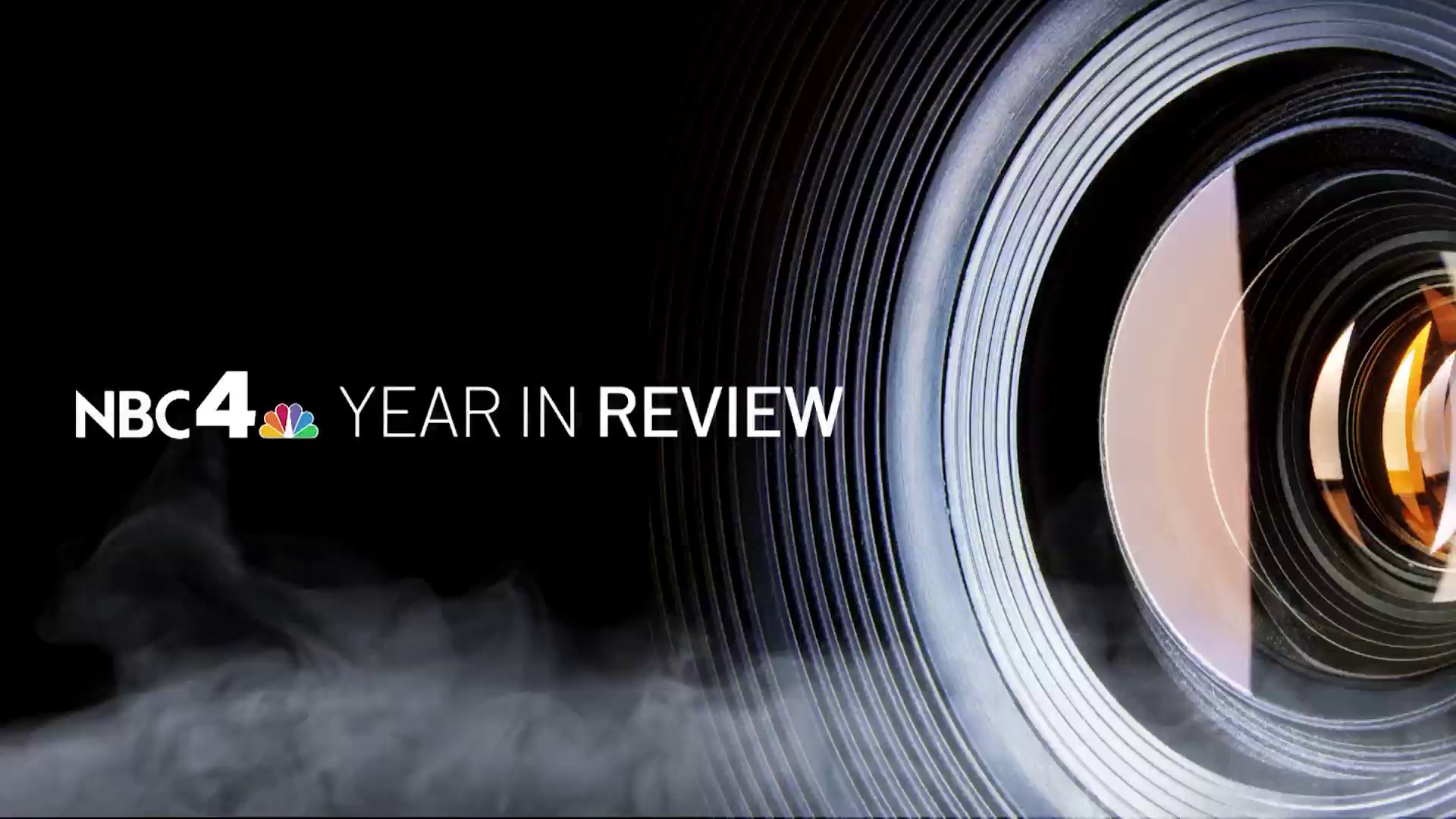What to Know
- After the Orlando attack, LGBT organizations are mobilizing mental-health resources to help people cope with potentially long-term effects.
- Counselors have several tips on how to cope, including not to isolate yourself. “While it’s a normal reaction … it’s the wrong thing to do."
- Many LGBT people who also are Muslim are feeling particularly wounded, the co-founder of an LGBT Muslim group said.
Hundreds of people mourning the victims of the shooting massacre in Orlando recently packed into the pews of a church in Washington, D.C. and participated in a kind of group therapy session.
More than a week has passed since a gunman opened fire at a gay nightclub and killed 49 people, but people around the world are still hurting and may struggle for a long time, experts say. One psychologist described a "spiral of grief."
"You cannot cope alone, and you cannot heal in isolation," veteran LGBT rights activist and therapist Dr. Pat Hawkins said at Foundry United Methodist Church, a quick walk from Dupont Circle.
She pointed to the back of the sanctuary. Ten mental-health professionals wearing name tags stood ready to talk with mourners one-on-one.

"If you need that help, go back and check in," Hawkins said at the community meeting held Wednesday by a coalition of LGBT groups. She gave tips on how to take care of oneself amid grief, including "eat, sleep, distract," and then social worker Sam Shinberg took the floor.
Local
Washington, D.C., Maryland and Virginia local news, events and information
Shinberg, of The DC Center for the LGBT Community, led the group in a moment of silence, and then asked each person to introduce themselves to a stranger.
"What went through your mind when you heard the news? What are you thinking now? What are the ways that we as a community can heal and love and grow through this?" she asked.
For seven minutes, the room was abuzz with conversation about heartbreak and resilience.
Therapists said that conversation is just beginning.
After the Orlando attack June 12, LGBT organizations in D.C. are mobilizing mental-health resources to help the community recover from an attack they say may have long-term effects.
Shinberg helped organize the forum Wednesday night. She said she knew she right away she wanted counselors and therapists to be present.
"Mental health care is so important in a time of crisis like this," she said. "People are feeling fear, loss, shock and anger."
Those who have suffered previous violence or trauma may feel particularly shattered by the Orlando massacre, clinical psychologist Dr. Robin Halprin-Hawkins said. She described the "spiral of grief."
"It wraps around itself and encounters itself again, and every time there's another pain that comes, it hits all of them," said Halprin-Hawkins, who is Hawkins' spouse. The longer the spiral continues, the less energy one has to cope.
The DC Center is offering free individual and group therapy sessions, and on Friday will launch a new bimonthly therapy group for survivors of violence.
Whitman-Walker Health also is highlighting its mental-health services. Leaders of the community health center are considering starting a drop-in group "to help people come together" in the wake of the attack, counselor and community relations director Josh Riley said.
Many LGBT people who also are Latino or Muslim are feeling particularly wounded, the counselors and therapists said.
Urooj Arshad, a founding board member of the Muslim Alliance for Sexual and Gender Diversity (MASGD), said many of the group's members feel unable to grieve the Orlando massacre because they feel on guard against backlash against Muslims.
"All of our identities are being under attack," she said.
Arshad encouraged members of the group, and others, to take care of themselves. Her own friends asked what they could do to help her, and she said they could donate to MASGD. Instead, they started a GoFundMe page to support her self-care.
Riley said he expects the emotional effects of the Orlando shooting to reverberate for years for many members of the LGBT community. For older people, it may reignite the pain of living through the AIDS epidemic. For younger people, the killings may spark unfamiliar feelings of vulnerability.
"For many people who have grown up in the springtime of the LGBT civil rights movement, this is the first time they have felt threatened or in danger," he said.
Mourn at your own pace, Riley said. The counselor advised people to not feel shame for still feeling sad once national attention moves away from Orlando.
"Just because it stops streaming through your [Facebook] News Feed doesn't mean you should be over it," he said.
Tips From Mental Health Professionals:
Don't feel ashamed if you are struggling. "A reaction to this, an impact on mental health, is a normal reaction," Riley said. "For lots of complex reasons, people still feel a lot of shame about their own behavioral health." Don't, he said.
Talk with loved ones and family members about what you're experiencing. "To open up and be vulnerable can be a little scary, but that is the price of connecting and feeling better," Riley said.
Don't isolate yourself. "When we are feeling vulnerable, we tend to pull back into ourselves," Riley said. "While it's a normal reaction, it's a paradoxical thing. It's the wrong thing to do. Reach out to people and use your support system."
Keep yourself busy. "Eat, sleep, distract," Hawkins said. "It's your job to go out to movies, to read books, to watch TV, to see family and friends," she said. "The best thing that helps people is going out to dinner, honest to God."
Do what makes you happy. "Cuddle your critter," Halprin-Hawkins said about how playing with pets can help.
Be aware that you may be more likely to engage in risky behavior as you grieve. "Sex and substance use are escapes from the pain people are feeling," Hawkins said. "If you go out and you think about having an extra drink tonight, don't do it. Or if you think about having an extra encounter tonight, don't do it."
Take care of others. "Get involved in advocacy for equality, for acceptance," she said. "Get involved in the elections. You've got a perfect opportunity."
If you're an ally or supporter of LGBT people, ask how you can help. "Keep being supportive to your friends," Riley said. "We're going to feel this for a long time."
Resources:
The DC Center for the LGBT Community – Free individual and group therapy sessions are available. See The DC Center's website for more information, or email survivorsupport@thedccenter.org.
Whitman-Walker Health – Individual and group therapy sessions are available to current patients. Many types of insurance are accepted.
Crisis Text Line – "You can text if you don't want to talk to someone," Hawkins explained. Text "START" to 741-741 to exchange text messages with a trained crisis counselor.
The Trevor Project Lifeline – The Trevor Project provides 24-hour crisis-intervention services to LGBT and questioning youth. Services are available by calling 1-866-488-7386 any time, or sending text messages and chat messages during limited hours.



